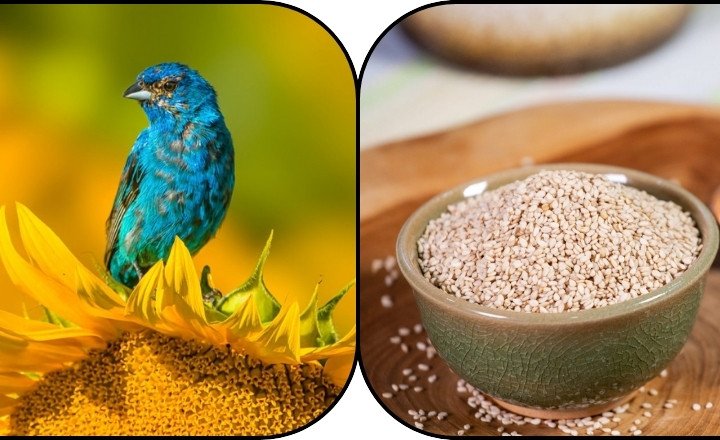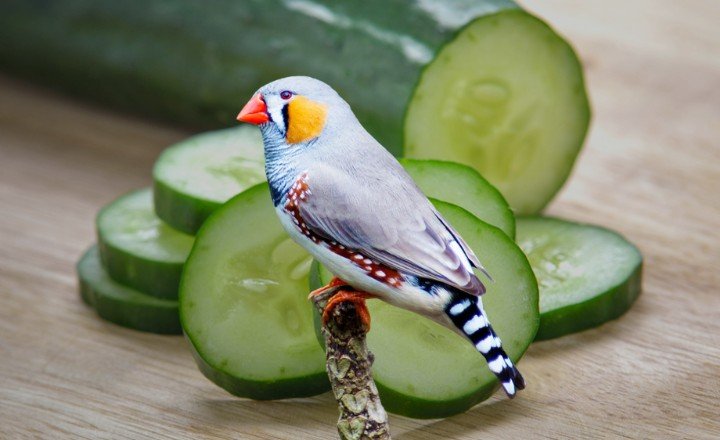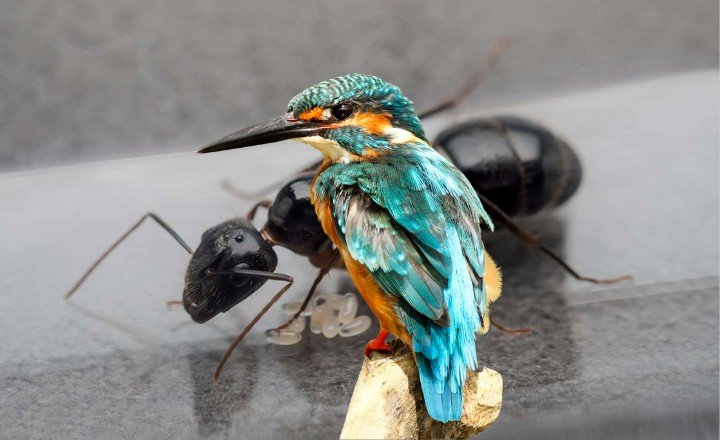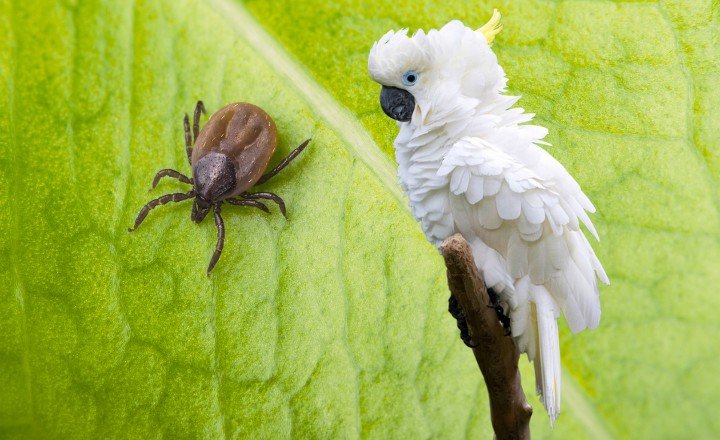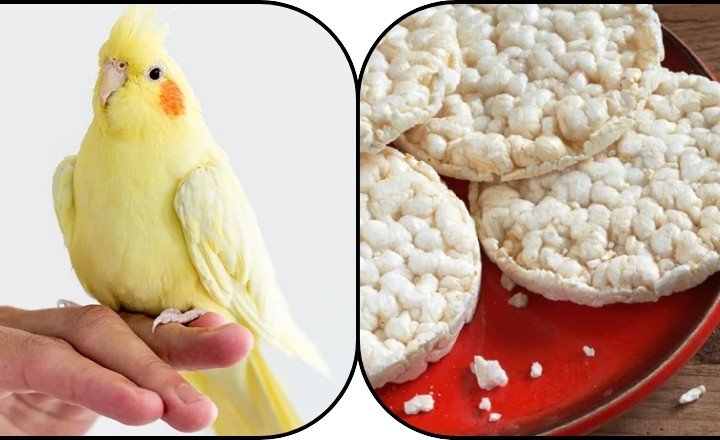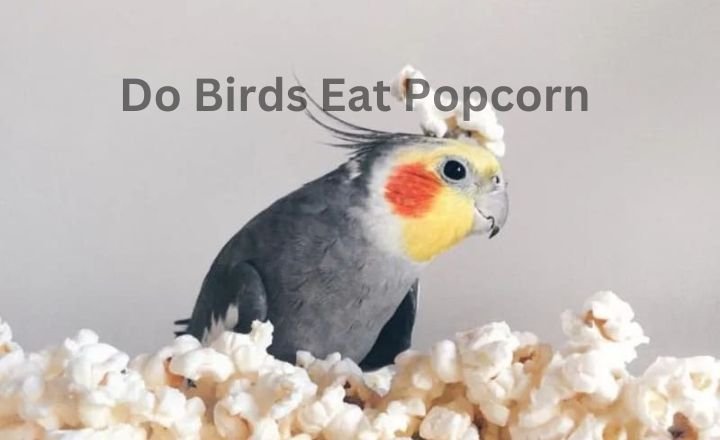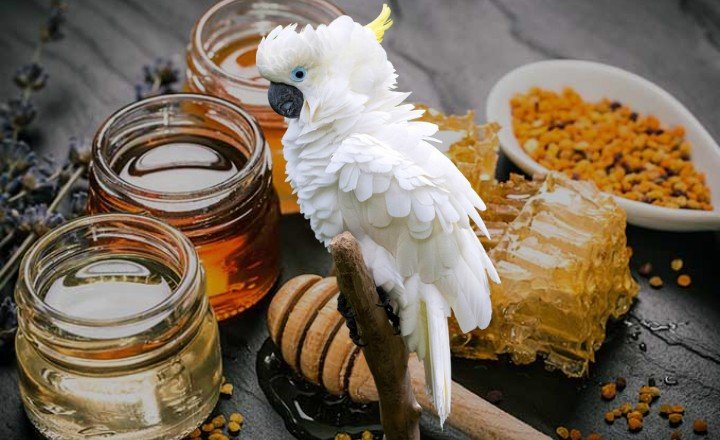Can Birds Eat Sesame Seeds? Is It a Healthy Choice for the Birds
As a birdwatching enthusiast, I often find myself captivated by our feathered friends’ vibrant colors and melodic songs. One sunny afternoon in my backyard, I was mesmerized by a flurry of activity around my bird feeder, where an array of birds flocked to indulge in their favorite seeds. Amidst the sunflower hearts and millet grains, I noticed something intriguing, can birds eat sesame seeds? This made me wonder can these tiny, nutty morsels actually be beneficial for our avian companions?
While sesame seeds are often celebrated for their nutritional value among humans, their suitability for birds is less commonly discussed. As I delved deeper into this avian curiosity, I discovered there’s more to these tiny seeds than meets the eye.
What are Sesame Seeds?
Sesame seeds, tiny but mighty, are an ancient superfood that has woven its way into various culinary traditions around the globe. These small oil-rich seeds come in a spectrum of colors, from pale white to deep black, each offering a unique flavor profile that can elevate dishes in surprising ways. Beyond their nutty taste and crunchy texture, sesame seeds are celebrated for their health benefits, they are packed with nutrients such as calcium, iron, and magnesium.
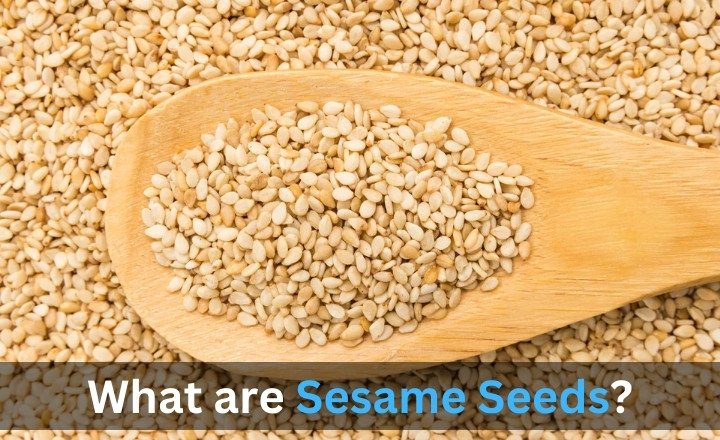
In the world of food pairings, sesame seeds shine when combined with unexpected ingredients like Popcorn and Chocolate. Imagine tossing freshly popped corn with a sprinkle of toasted sesame seeds; this not only enhances the flavor but also adds nutritional value to your snack.
Can Birds Eat Sesame Seeds?
When it comes to the dietary preferences of red birds and green birds, sesame seeds emerge as a fascinating topic of discussion. These tiny powerhouses are packed with essential nutrients such as calcium, protein, and healthy fats, making them an attractive addition to a bird’s diet. Many avian enthusiasts have observed that birds often enjoy foraging for various seeds in their natural habitats, and sesame can be an enticing treat due to its nutty flavor. While not typically found in wild bird diets, offering dried sesame seeds can be a rewarding experience that promotes both mental stimulation and physical health.
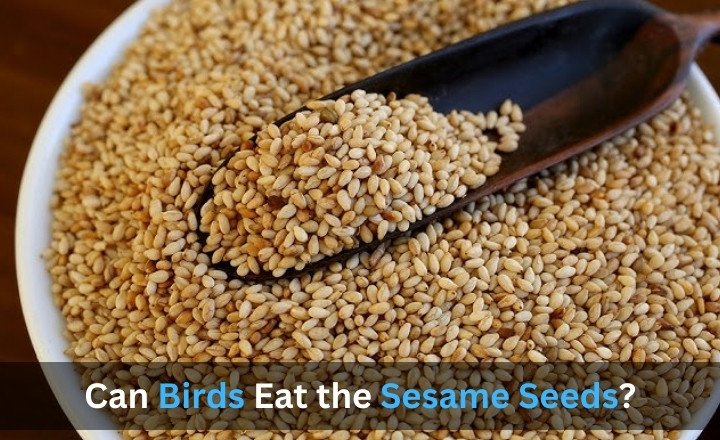
Moderation is key when introducing any new food into a bird’s diet. Red Birds may revel in a sprinkle of sesame on occasion, but it’s important to remember that their nutritional needs are diverse. Green Birds also benefit from varied diets, incorporating small amounts of sesame seeds alongside fresh fruits and vegetables ensures balanced nutrition without overwhelming their systems with fatty treats.
Are Sesame Seeds Healthy for the Birds?
Sesame seeds have gained popularity among pet owners and bird enthusiasts, sparking a conversation about their nutritional benefits for avian diets. For White Birds such as doves and parakeets, sesame seeds can be an excellent source of essential fatty acids, vitamins, and minerals. These tiny powerhouses are packed with calcium and magnesium, which can help support bone health in birds that need strong skeletal structures for flight.
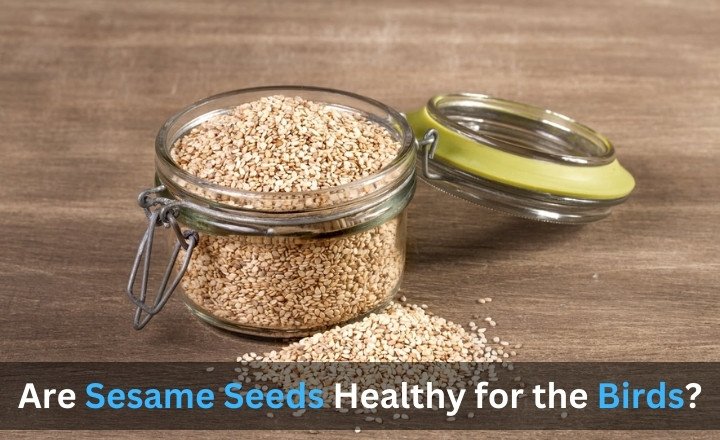
It’s essential to consider the variety of birds being fed. While sesame seeds generally benefit smaller species like budgerigars or Finches, larger birds such as Hawks require a more protein-rich diet primarily consisting of meat. The high oil content in sesame seeds may not serve well to raptors; overconsumption could lead to dietary imbalances.
Advantages of Sesame Seeds for the Birds
Sesame seeds are not just a delicious addition to human cuisine, they also offer remarkable benefits for our feathered friends. Rich in healthy fats, these tiny seeds provide an excellent source of energy, crucial for birds that rely on high-calorie diets to fuel their active lifestyles. The abundant Omega-3 and omega-6 fatty acids found in sesame seeds contribute significantly to maintaining optimal feather quality and overall health. For wild birds or those kept in aviculture settings, incorporating these seeds into their diet can promote vibrant plumage and support healthy skin.
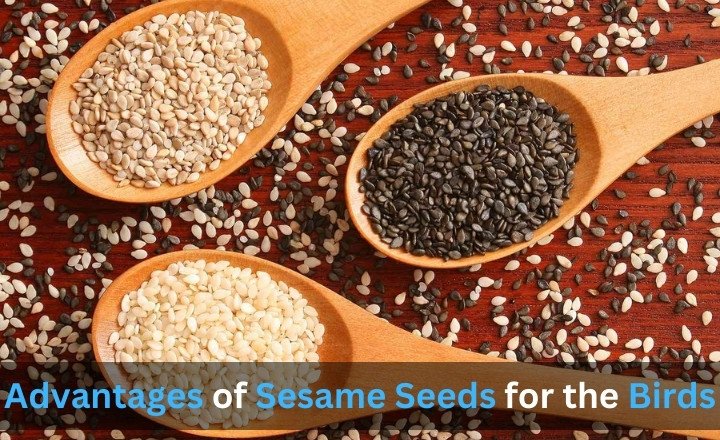
The mineral content of sesame seeds cannot be overlooked. High levels of calcium and phosphorus help bolster strong bone structure essential for bird species known for their dexterous flight capabilities. The unique combination of antioxidants present in sesame aids in reducing oxidative stress, thereby increasing longevity and vitality among avian populations.
Disadvantages of Sesame Seeds for the Birds
While sesame seeds are often hailed as a nutritious treat for various bird species, their use isn’t without drawbacks. One primary concern is the high-fat content inherent in these tiny seeds. Though birds require fats for energy, excessive consumption can lead to obesity and related health issues, particularly for domesticated birds that may not engage in enough physical activity. This imbalance can also disrupt their natural diet, leading them away from the varied nutrients they would typically obtain from a more diverse food source.
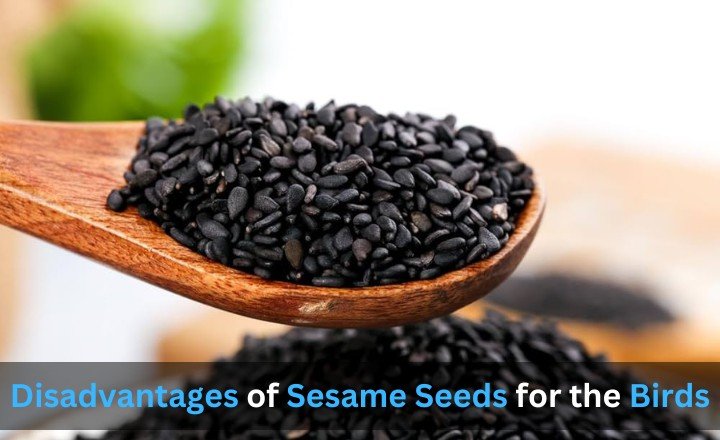
Another often overlooked disadvantage is the potential for digestive problems. Birds have delicate digestive systems; consuming too many sesame seeds might lead to irregularities or discomfort. The small size of these seeds can make it easy for birds to inadvertently eat an overwhelming quantity without realizing it, increasing the risk of gastrointestinal issues.
Tips for the Bird Owners
When considering sesame seeds for your feathered friends, it’s essential to remember moderation is key. While these tiny seeds are packed with beneficial nutrients like calcium and magnesium, their high-fat content can lead to weight gain if offered in excess. A sprinkle here and there as an occasional treat can offer a delightful crunch that birds love without disrupting their balanced diet.

Incorporating sesame seeds into your bird’s routine doesn’t have to be boring! Innovate by mixing them into homemade bird treats or incorporating them into foraging toys to stimulate both physical and mental activity. Try pairing them with other healthy seeds or fresh fruits during enrichment sessions; this not only creates a more diverse diet but also keeps mealtime fun and engaging. Remember, it’s not just what you feed your bird, the experience of exploring different tastes and textures greatly contributes to their overall well-being!
‘Can Birds Eat Sesame Seeds’ Conclusion
Sesame seeds can be a nutritious and enjoyable treat for your feathered friends when provided in moderation. Understanding the appropriate serving sizes and frequency is essential to prevent any potential health issues associated with excessive fat intake. Always ensure that the seeds are fresh and free from contaminants to promote your bird’s overall well-being. By incorporating sesame seeds thoughtfully into their diet, you can enhance their nutritional intake while keeping mealtime exciting. Take the time to educate yourself about your pet’s specific dietary needs, and don’t hesitate to consult an avian vet for personalized advice!
FAQs
What Seeds Are Safe For Birds?
Sunflower hearts, which lack shells, are particularly appealing to various species as they provide high protein content without the hassle of husking.
Do Lovebirds Eat Sesame Seeds?
While sesame seeds are not a core component of their nutrition, they can be offered occasionally as a treat. Instead of relying solely on sesame seeds, lovebird owners should aim to provide a varied menu consisting of high-quality pellets, fresh fruits, and vegetables.
What Are Birds Favorite Seeds?
Birds have distinct preferences when it comes to seeds, influenced by their species and natural habitats. For instance, many backyard birds, like finches and sparrows, show a particular fondness for sunflower seeds, especially the hulled black oil variety.
What is the Healthiest Seed For Birds?
When it comes to selecting the healthiest seeds for our feathered friends, one contender often stands out: flaxseeds. Packed with omega-3 fatty acids, these tiny powerhouses not only enhance plumage health but also support a bird’s overall immune function.

